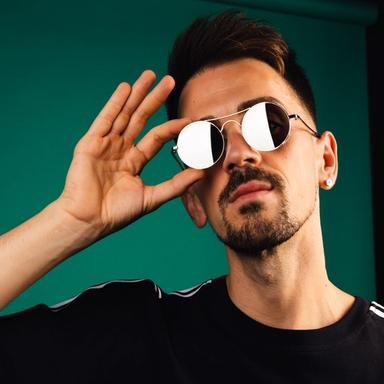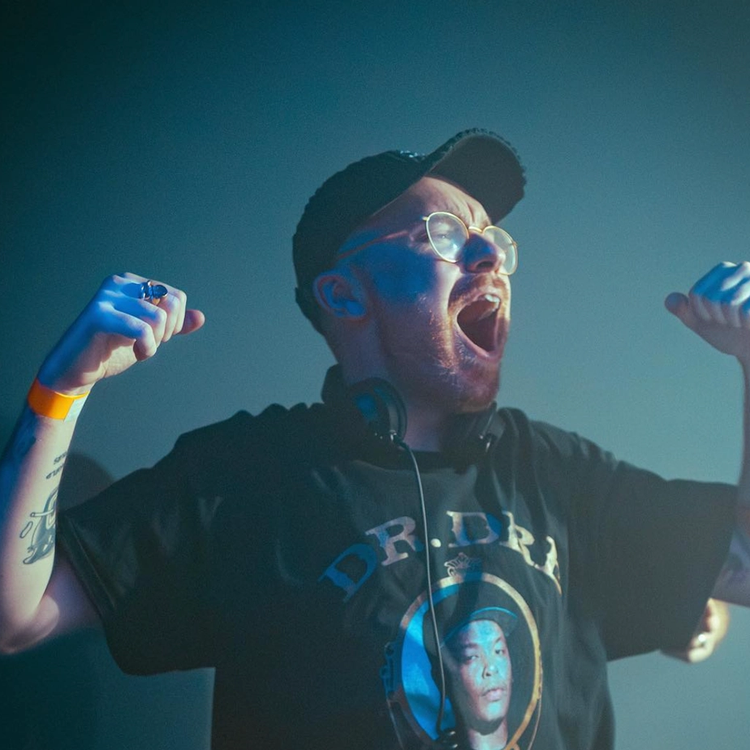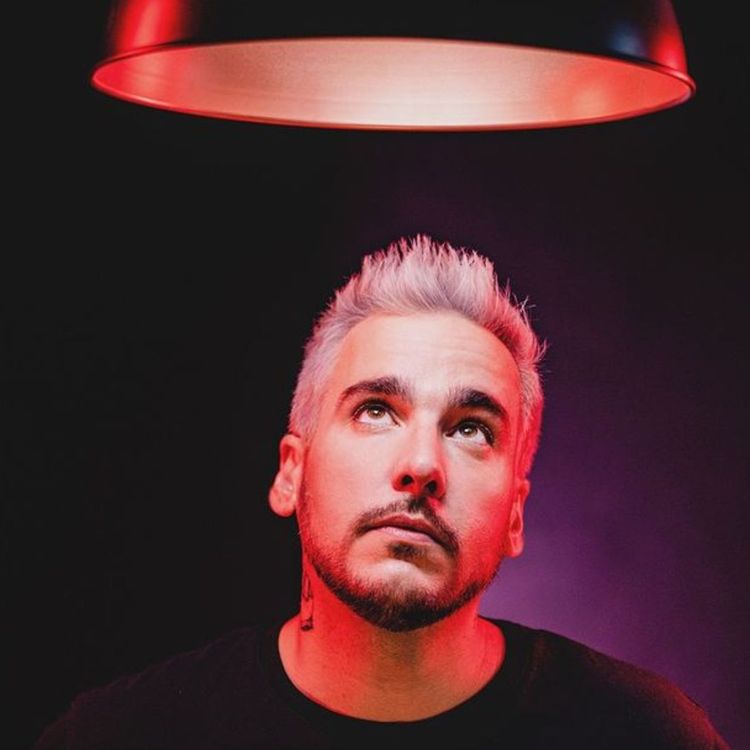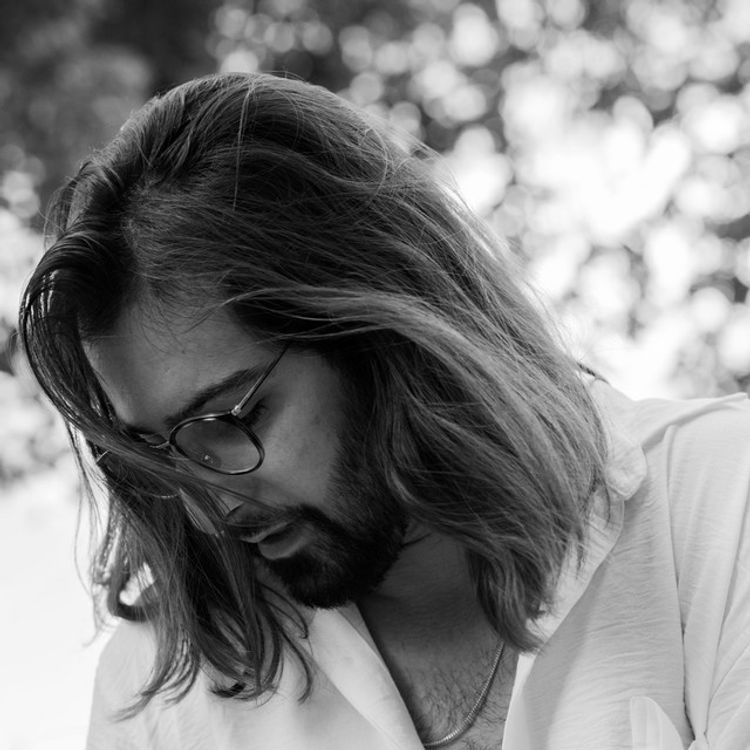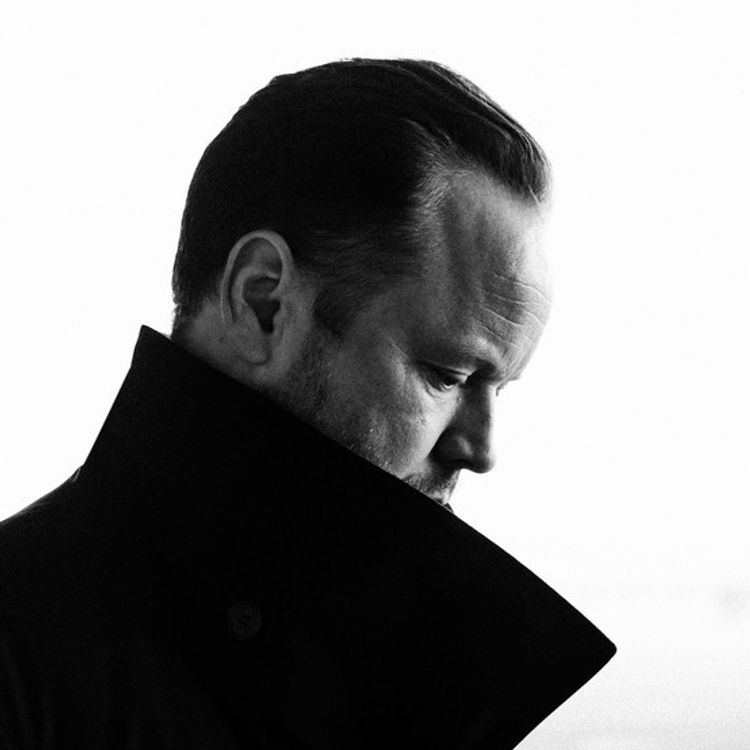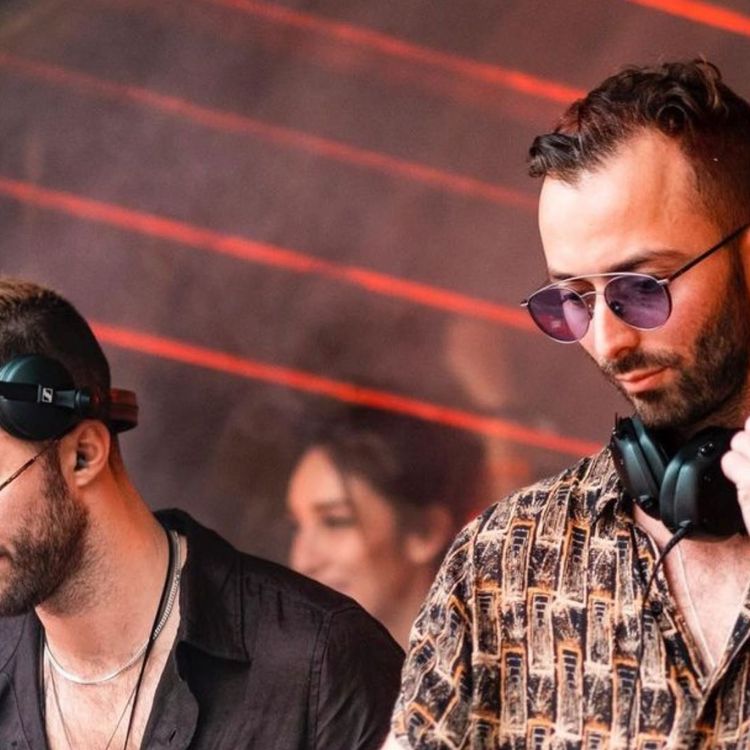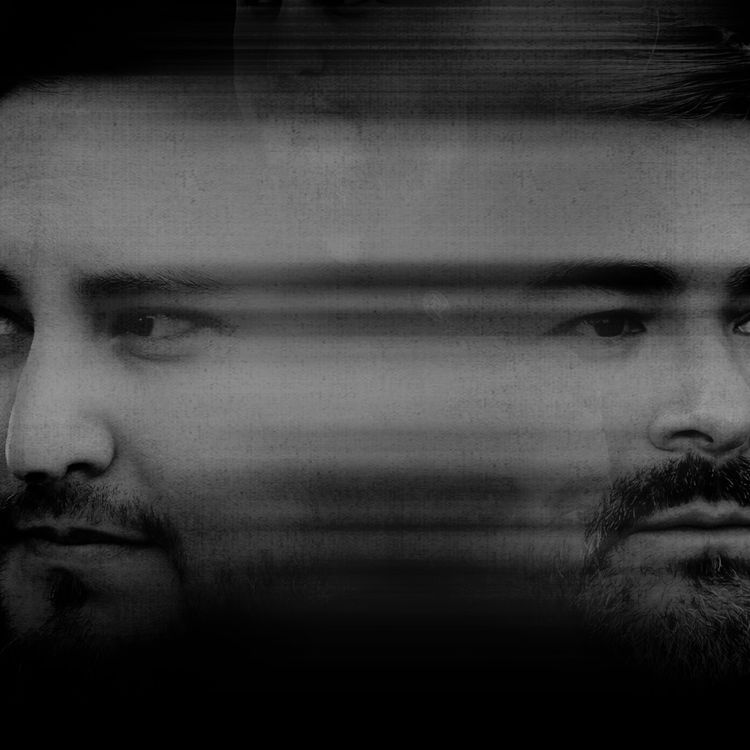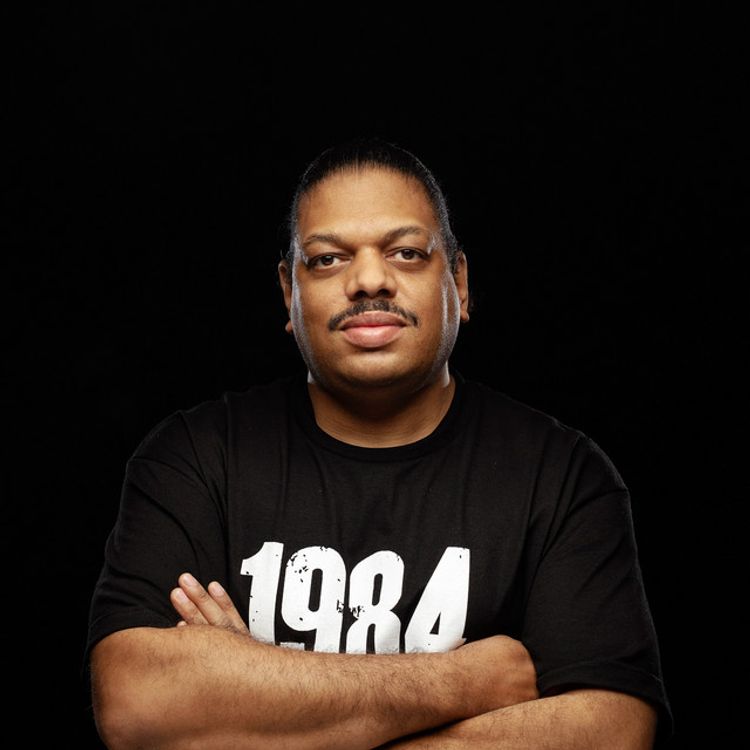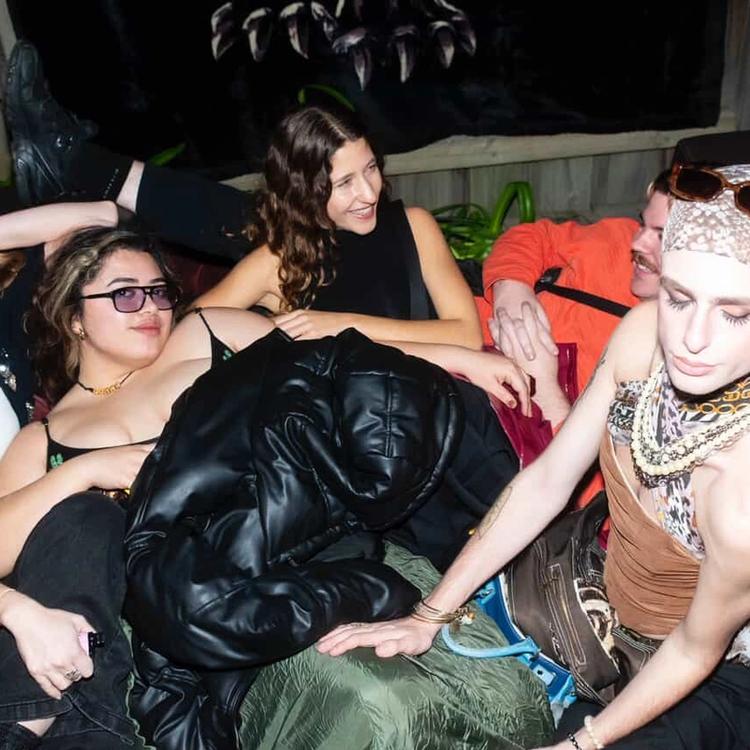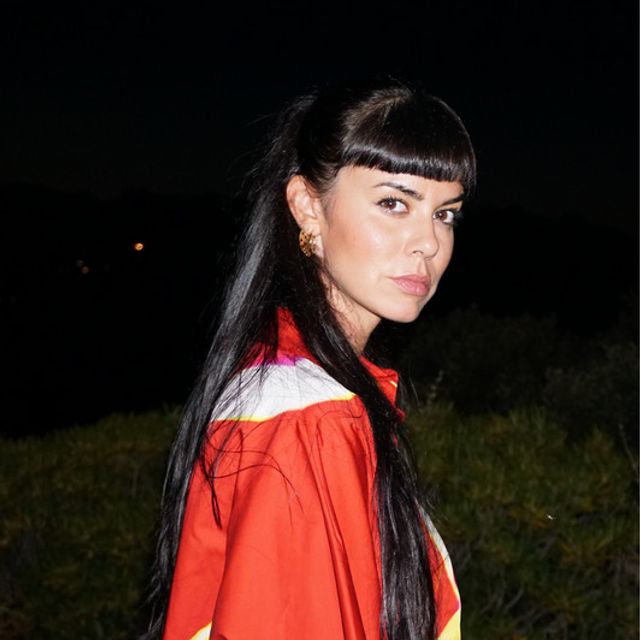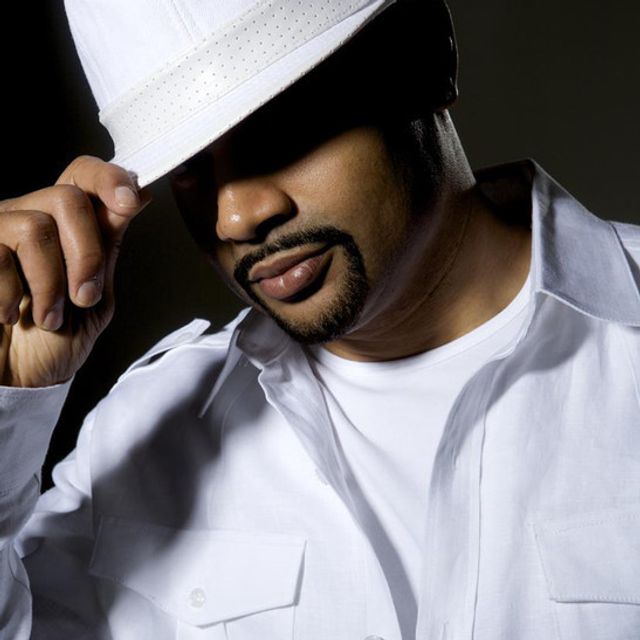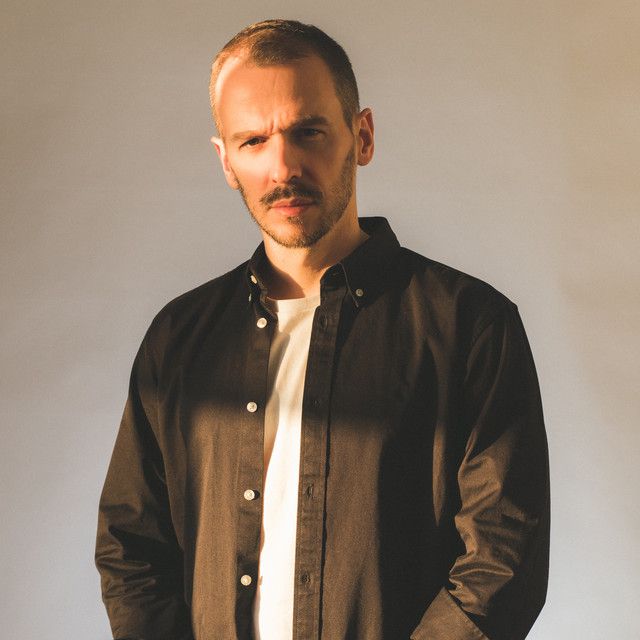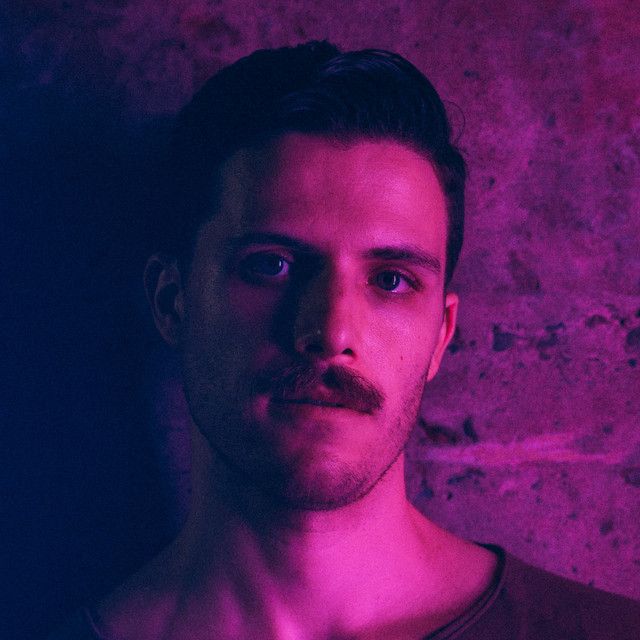Artist Spotlight
As Spanish DJ/producer Bastian Bux sits in his studio, he recalls the day he fell in love with dance music. He walked into his older sister's room awestruck by the techno banging from her speakers. He told her that the music sounded like it came from outer space. Bastian admits he was never interested in a proper job. A fitting description from a kid who imagined he’d be an astronaut. Who now spoke to me from the helm of his spaceship.
He fell in love with dance music because of his desire to dissect it. It was just like the machines he took apart at home: mysterious, electronic, and full of moving parts. He needed to understand how each circuit sparked joy on the dancefloor.
Bastian explains how that experience awakened something in him at eight years old.
“This is not something that is coming from a proper band. I cannot guess which instrument is this [sic]. I need to know. I need to discover how this [has] been done. And this was my very beginning. This was the main reason why I started my passion about dance music because I wanted to discover how it was done.”
Bastian was a bit of a troublemaker in primary school. He spent a lot of time in detention in a room stacked high with books, magazines, and random CDs.
One day he discovered a PlayStation game called Music 2000. He rushed to a friend’s house to play. He says, “I will always remember what I felt when I played this game for the very first time. My life changed and that was the moment where I knew 100% that I wanted to do this the rest of my life.”
He found work at a local radio station. In between coffee runs and photocopies he begged to be in the DJ booth. It was his first contact with proper DJ equipment and production software.
A friend at school who was a hip-hop dance teacher heard he worked at a radio station. And assuming he was a proper DJ asked Bastian if he would put together a quick mix together for a dance competition. With his budding skills, he created his first mixtape and got his first paying gig as a musician. He quickly became sought after for his skills.
By the time he was in his early 20’s his production game was strong. Enough that he earned a mainstream radio hit. The code he sought to crack when he first heard the thump of techno from his sister’s stereo was cracked.
“It was not my intention to make a mainstream dance song. But it came into the radio without me knowing what would happen. It was amazing. I was able to help my family go out from all their problems finally. It changed my life. But after two years, I started to feel not really happy about it.”
Bastian says the expectation to be a hit machine led to depression and self-doubt. “I was trying to catch the formula of success all the time. And I was not happy. It was not fulfilling me.”
He thought he had everything he dreamed of since the third grade, but he knew it wasn’t right. So, he quit. He took his savings and plunged it into learning a new craft. He picked up graphic design and coding. He thought he was out for good. Until his friend and Suara imprint owner, Coyu hit him up a year later to check in. Bastian had never stopped making music, and it was time to re-emerge.
Bastian says quitting was one of the most important events of his life. “To have the opportunity to realize how important it is to enjoy what you are doing. You can be really successful. You can make interesting money. You can travel. You can be famous. And you can be absolutely unhappy. And when you are somehow listening to yourself and trying to find what fulfills you, it works.”
His rebrand has allowed him to be more authentic as he truly realizes his boyhood dreams. He's released music on John Digweed's Bedrock, Nicole Moudaber's Mood, and Sven Vâth's Cocoon. He's become a resident of the lauded Elrow parties across the planet. He's dropped his sexy and eclectic brand of house and techno in forty countries. He's even opened for the legendary Jean-Michelle Jarr, someone who he grew up listening to.
And while he’s been open and honest with me about his previous career and how he struggled to break free. He wants to leave that in the past. It’s why for the first two years of the Bastian Bux project, he chose to obscure his face. His tagline explains, “Reducing everything surrounding a DJ and producer to its essential element.” A statement written by a friend encapsulates all that Bastian Bux believes.
He’s been given the gift of perspective he says, “You need perspective to properly learn things and to give them value that they deserve.”
He explains that after the most difficult period of his life, he found the will to make decisions that make him happy. And when you consider how many artists have not made it to the other side, it’s important to acknowledge how grateful one can be for that perspective.
“I felt so unhappy, so sad. It was probably the worst moment of my life. And can you imagine? I was this kid, having no money, dreaming about being booked to play around. And after two, three years of success, I was not happy. You know, it was so hard for me psychologically. I had to speak with a lot of people to not fall deep in a shit hole. I learned how important it is to be able to see with different eyes from different angles.”
